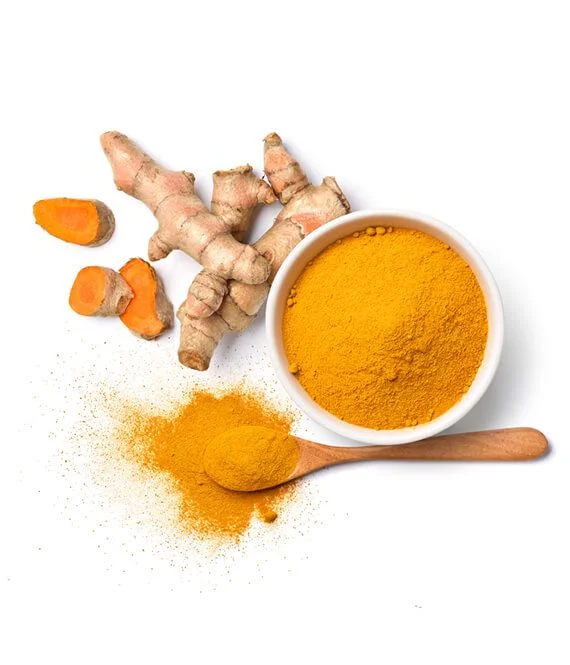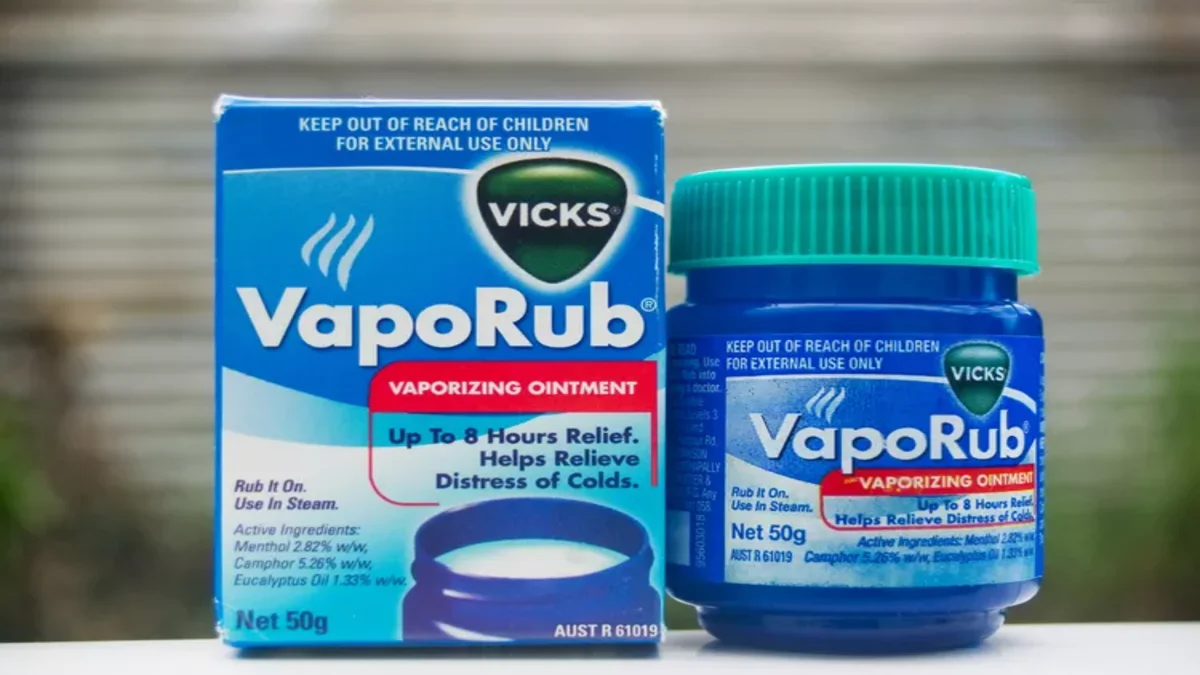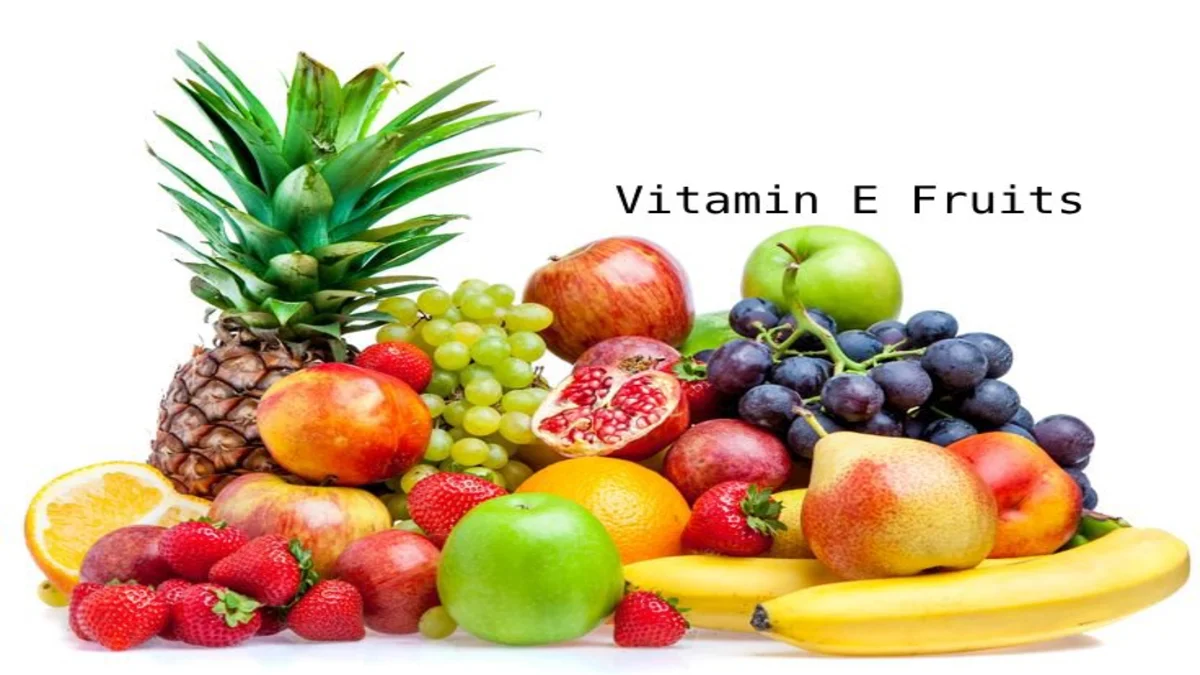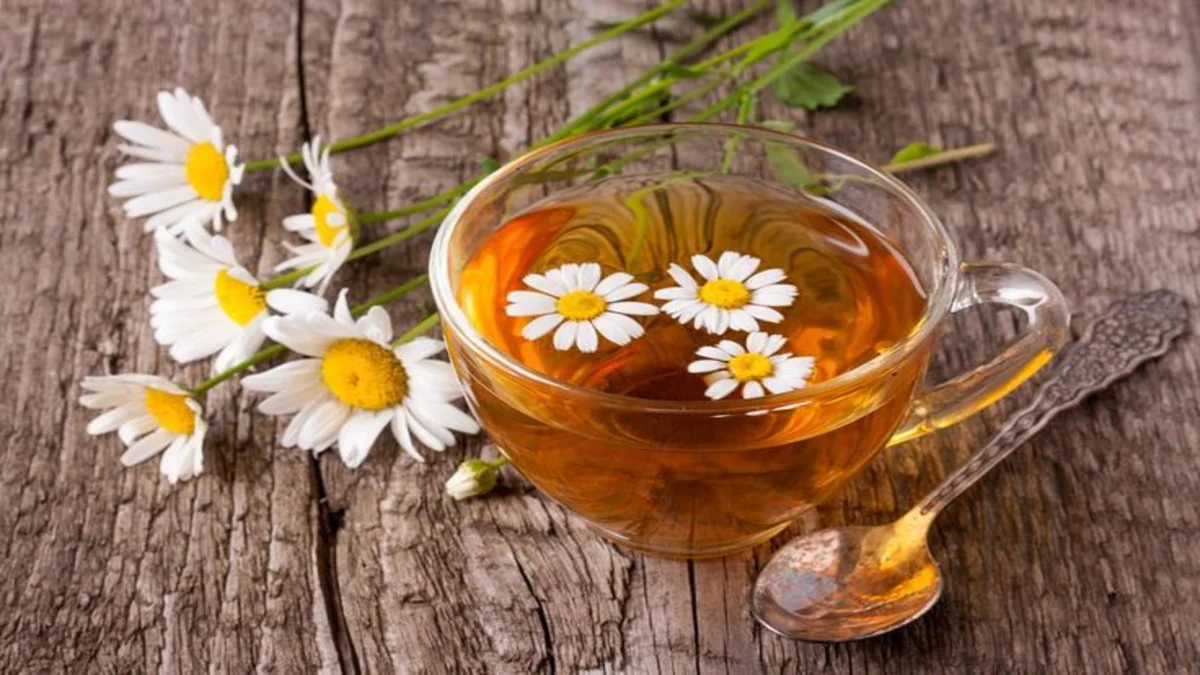Did you know that anti-inflammatory foods can help reduce inflammation in your body and promote overall health? Inflammation is linked to numerous chronic diseases, including arthritis, heart disease, and even cancer. By incorporating anti-inflammatory foods into your diet, you can prevent and manage these health conditions.
What Are Anti-Inflammatory Foods?
As a physiological process, inflammation is not always harmful. The lymphatic (immune) system activates when the body is sick or injured, increasing blood flow to the affected area to deliver the immune system’s army of white blood cells.
There may be pain or discomfort along with swelling, redness, heat, and greater attention to the area. When more blood streams from a cut or scrape, the area surrounding the wound gets heated and swollen, demonstrating this inflammatory reaction.
In a healthy body, inflammation is a natural and useful reaction that promotes healing.
Unfortunately, this isn’t the complete tale.
An autoimmune disease like leaky gut and inflammation in otherwise healthy body parts results when the immune system overreacts and starts targeting healthy body components. Additionally connected to inflammatory consequences are symptoms of fibromyalgia, celiac disease, and irritable bowel syndrome (IBD).
Inflammation can still be involved in non-autoimmune disorders as the body works tirelessly to repair damaged tissues in a particular location. Inflammation linked to diabetes affects insulin resistance, asthma causes inflamed airways, and so on.
Diet isn’t always examined in reaction to inflammation, despite the links between common diseases and inflammation as well as the relationship between diet and inflammation that we’ll discuss.
Thirty-three percent of the patients in a 2014 study on diet and IBD chose not to follow the suggested anti-inflammatory diet. Every patient who took part and ate anti-inflammatory meals experienced enough alleviation to be able to stop taking at least one medicine.
However, the report points out that rather than providing specific dietary recommendations, doctors usually advise patients to “if it hurts, don’t do it.”
There is undoubtedly more we can do to encourage modifying our lifestyles to reduce inflammation.
Anti-Inflammatory Foods list
1. Turmeric

Turmeric’s primary ingredient, curcumin, has potent anti-inflammatory qualities. It may lessen joint pain, arthritic symptoms, and other inflammatory disorders by reducing inflammation.
2. Ginger
Gingerol, found in ginger, has strong antioxidant and anti-inflammatory properties. Regular consumption of ginger helps improve digestive health, ease muscle soreness, and reduce inflammation.
3. Berries

Berries such as raspberries, strawberries, and blueberries are abundant in flavonoids, which have anti-inflammatory qualities, and antioxidants. They can improve general health and assist in reducing the body’s inflammatory levels.
4. Fatty Fish
Omega-3 fatty acids, which are abundant in salmon, mackerel, sardines, and other fatty fish, have potent anti-inflammatory properties. Frequent consumption of fatty fish can improve brain function, lessen the risk of heart disease, and reduce inflammation.
5. Leafy Greens
Leafy greens such as kale, spinach, collard greens, and others are a great source of antioxidants, vitamins, and minerals that fight inflammation. Additionally, they contain fiber, which promotes healthy digestion and lowers intestinal inflammation.
6. Nuts and Seeds
Rich in fiber, antioxidants, and omega-3 fatty acids, almonds, walnuts, flaxseeds, and chia seeds can lower inflammation and support heart health. Including nuts and seeds in your diet can improve your general health.
7. Olive Oil

The anti-inflammatory qualities of extra virgin olive oil make it a mainstay of the Mediterranean diet. Oleocanthal, a substance in it, is comparable to non-steroidal anti-inflammatory medicines (NSAIDs) in its effects. Your chance of developing chronic illnesses can be decreased and inflammation can be reduced by using olive oil as your main cooking oil.
8. Green Tea
Catechins, a class of antioxidants found in large quantities in green tea, have potent anti-inflammatory properties. Regular consumption of green tea can lower inflammation, raise blood sugar, and aid in weight loss.
Inflammatory Foods to Avoid
Here’s a list of inflammatory foods to avoid or limit in your diet:
Processed Foods: Foods high in refined sugars, artificial additives, and preservatives can promote inflammation. This includes packaged snacks, sugary cereals, processed meats, and fast food.
Trans Fats: Trans fats, often found in fried foods, baked goods, margarine, and processed snacks, are known to increase inflammation and raise the risk of heart disease.
Refined Carbohydrates: Foods made with refined grains, such as white bread, white rice, and pasta, can cause spikes in blood sugar levels and contribute to inflammation. Opt for whole grains instead.
Sugary Beverages: Soda, fruit juices with added sugars, energy drinks, and sweetened teas are high in sugar and can promote inflammation and contribute to weight gain.
Vegetable Oils: Certain vegetable oils, such as soybean oil, corn oil, and sunflower oil, are high in omega-6 fatty acids, which can increase inflammation when consumed in excess. Choose healthier alternatives like olive oil or avocado oil.
Processed Meats: Deli meats, hot dogs, bacon, and other processed meats contain additives and preservatives that can trigger inflammation and increase the risk of chronic diseases like heart disease and cancer.
Alcohol: Excessive alcohol consumption can lead to inflammation in the body, particularly in the liver. Limiting alcohol intake or choosing healthier options like red wine in moderation may help reduce inflammation.
Artificial Sweeteners: Some artificial sweeteners, such as aspartame and saccharin, have been linked to inflammation and other health issues. Limit your intake of artificially sweetened foods and beverages.
Highly Processed Snacks: Snack foods like potato chips, crackers, and pretzels often contain refined grains, unhealthy fats, and additives that can contribute to inflammation. Choose whole, minimally processed snacks like nuts, seeds, and fresh fruit instead.
Anti-inflammatory diet tips
Making the switch to a new diet might be difficult, but the following advice might be helpful:
- During the weekly shop, pick up a variety of fruits, veggies, and nutritious snacks.
- Replace fast food dinners with homemade, wholesome lunches one by one.
- Sparkling or still mineral water is a great substitute for soda and other high-sugar beverages.
Other tips include:
- consulting a medical expert regarding supplements, including multivitamins or cod liver oil.
- Including a half-hour of moderate exercise in the daily regimen.
- observing proper sleep hygiene, since little sleep exacerbates inflammation.
Recipes for dishes featuring anti-inflammatory foods
- Turmeric-Ginger Immunity Boosting Smoothie
Ingredients:
- 1 cup unsweetened almond milk
- 1 ripe banana
- 1/2 cup frozen pineapple chunks
- 1/2 teaspoon ground turmeric
- 1/2 teaspoon grated fresh ginger
- 1 tablespoon chia seeds
- 1 tablespoon honey (optional)
Instructions:
- In a blender, combine all ingredients.
- Blend until smooth and creamy.
- Taste and adjust sweetness if necessary by adding honey.
- Pour into glasses and serve immediately.
2. Salmon and Kale Salad
Ingredients:
- 2 salmon fillets
- Salt and pepper to taste
- 4 cups chopped kale leaves
- 1 tablespoon olive oil
- 1 tablespoon lemon juice
- 1/4 cup sliced almonds
- 1/4 cup dried cranberries
- 1/4 cup crumbled feta cheese
Instructions:
- Preheat oven to 375°F (190°C). Season salmon fillets with salt and pepper and bake for 12-15 minutes, or until cooked through.
- In a large bowl, massage kale leaves with olive oil and lemon juice until wilted.
- Add sliced almonds, dried cranberries, and crumbled feta cheese to the kale and toss to combine.
- Divide the kale salad onto plates and top with baked salmon fillets.
- Serve immediately.
3. Mixed Berry Chia Seed Pudding
Ingredients:
- 1/4 cup chia seeds
- 1 cup unsweetened almond milk
- 1 tablespoon honey or maple syrup
- 1/2 teaspoon vanilla extract
- 1 cup mixed berries (such as blueberries, strawberries, and raspberries)
Instructions:
- In a bowl, mix chia seeds, almond milk, honey/maple syrup, and vanilla extract. Stir well to combine.
- Let the mixture sit for 5 minutes, then stir again to prevent clumping.
- Cover the bowl and refrigerate for at least 2 hours or overnight, until the mixture thickens into a pudding-like consistency.
- Before serving, layer the chia seed pudding with mixed berries in serving glasses or jars.
- Enjoy chilled as a nutritious and satisfying dessert or breakfast option.
Summary
Chronically high levels of inflammation can cause disease.
Try your best to control inflammation by consuming a diverse range of mouthwatering, high-antioxidant foods. Choosing a range of vibrantly colored meals and consuming foods that are closest to their natural state might assist supply additional anti-inflammatory ingredients.
Extra virgin olive oil, dark chocolate, peppers, and salmon are a few items that can help you lessen inflammation and lower your chance of sickness.
FAQs
What is the fastest way to reduce inflammation in the body?
What are the worst foods for inflammation?
Is coffee an inflammatory?
Can drinking water reduce inflammation?
References
- https://www.ncbi.nlm.nih.gov/books/NBK597377/
- https://www.ncbi.nlm.nih.gov/pmc/articles/PMC6997513/
- https://pubmed.ncbi.nlm.nih.gov/28350517/
- https://www.uchicagomedicine.org/forefront/gastrointestinal-articles/what-foods-cause-or-reduce-inflammation





